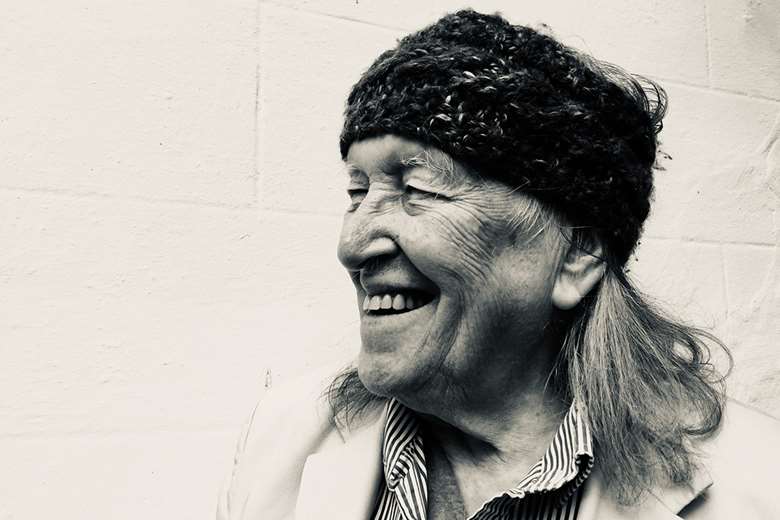Gordon Crosse: the composer remembered
Peter Dickinson
Monday, February 7, 2022
Born December 1 1937; died November 21, 2021

Register now to continue reading
Thanks for exploring the Gramophone website. Sign up for a free account today to enjoy the following benefits:
- Free access to 3 subscriber-only articles per month
- Unlimited access to our news, podcasts and awards pages
- Free weekly email newsletter








